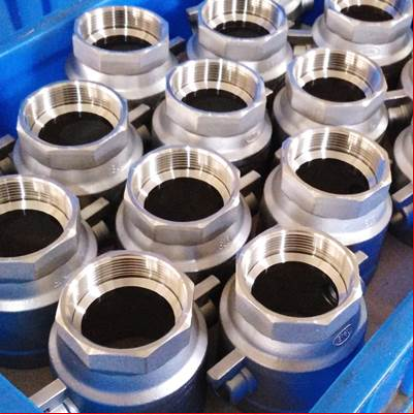Sep. 14, 2018
When it comes to Gravity Casting, there's often little to no demand for extra manufacture and assembly. That is because it gives excellent potential for design detail. While many distinct materials could be cast, iron and Stainless Steel Casting are the two most common because of their exceptional mechanical properties for a broad selection of applications. Let us take a peek at a few of the differences between steel castings and iron castings.
Corrosion Resistance
If it comes to rust, Gray Cast Iron has greater corrosion resistance than steel. That does not indicate that are impervious to rust however. Once left unattended, the two metals will oxidize from the presence of moisture. Finally they will totally bereft. To keep this from happening, coating is suggested for both iron and steel castings.
Cost
Cast iron is usually more affordable than cast steel due to the decrease material costs, energy, and labour needed to make a last product. While raw steel is more expensive, you will find, nevertheless, prefabricated kinds of steel. These include sheets, rods, tubes, bars, and beams.
Castability
Wrought iron is relatively easy to throw, since it pours easily and does not shrink as much as steel. This flowability makes Iron Sand Casting an perfect alloy for architectural or elaborate ironwork constructions like fencing and road furniture.

Copyright © Baoding AoCheng Machinery Co., Ltd. All Rights Reserved